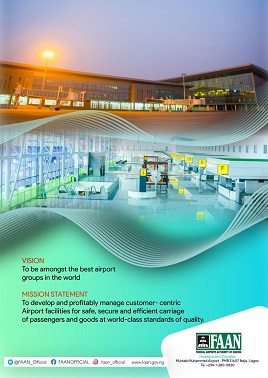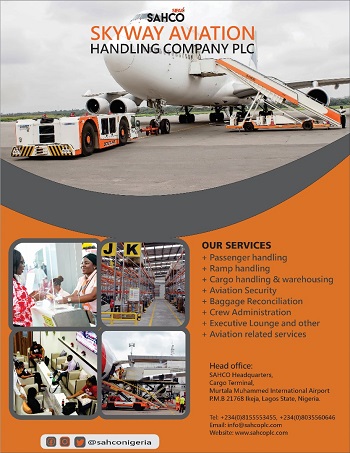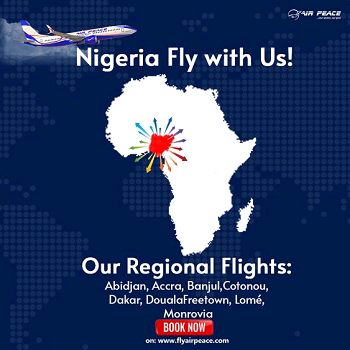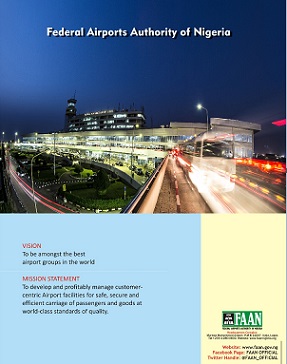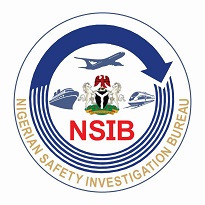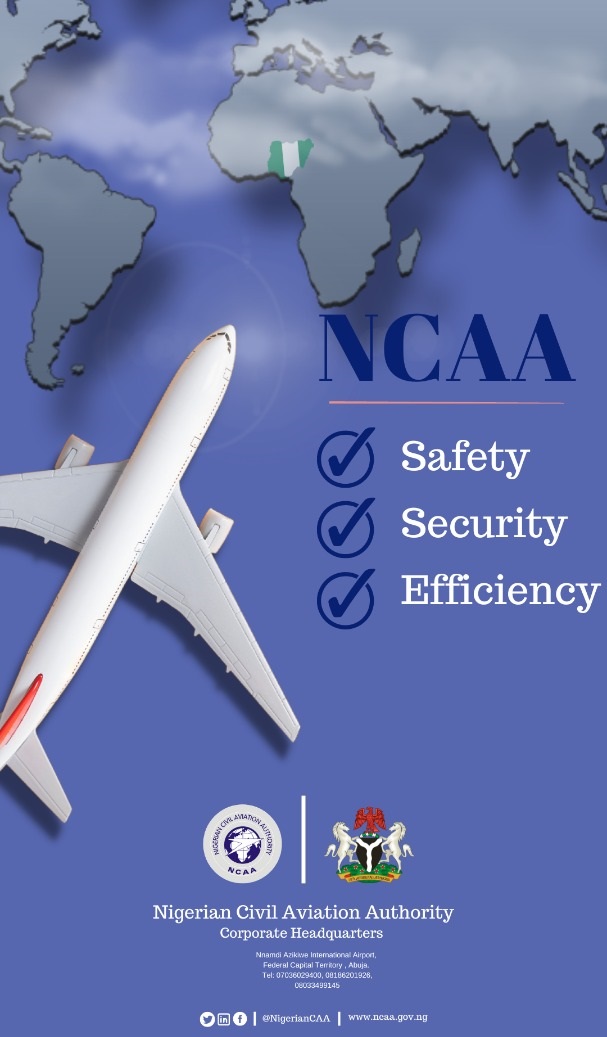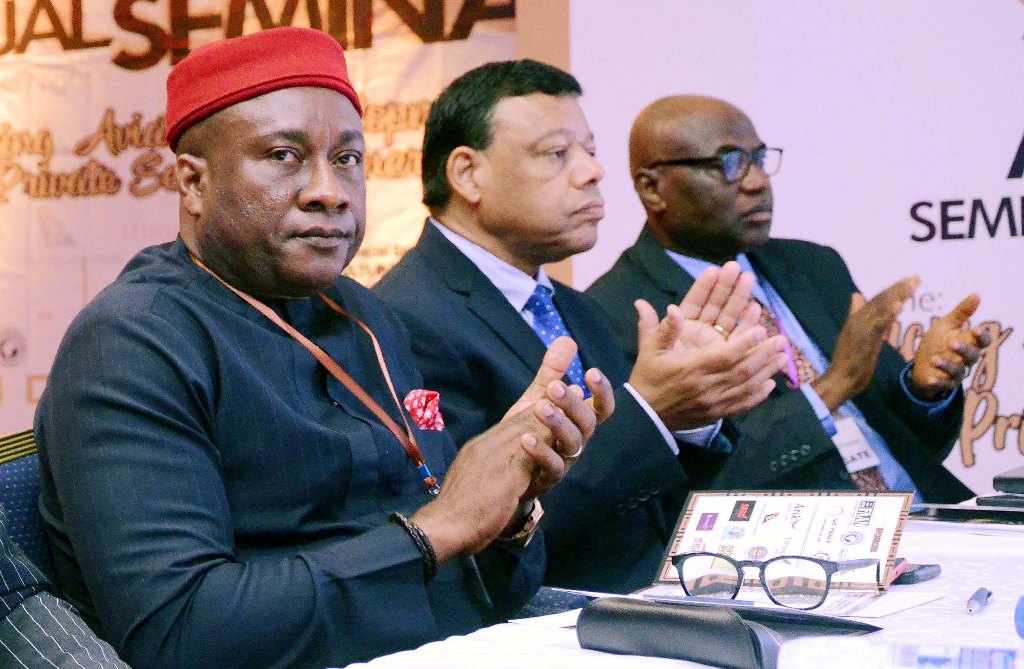
Aviation experts around the world who gathered in Lagos yesterday agreed that recipes for removing road blocks on the path to sustainable and profitable financing of aviation development projects in Nigeria through public private participation is toeing the line of genuine cooperation among parties involved.
The experts drawn from within and outside the country who took their turns to speak on the theme: “Financing Aviation Development Through Private Sector Partnership” at the 22nd Annual Seminar of the League of Airports and Aviation Correspondents (LAAC), held at Sheraton Hotels and Suites, Ikeja, Lagos, agreed that when there are evidence of genuine and mutual cooperation towards sustainable development in the aviation sector in place, investors’ confidence would be boosted and issue of discernment against investing in the country aviation sector would be a thing of the past in no time.
Taking their turns to speak on topics which included, “Partnerships: Key to Survival of Domestic Airlines; Maintenance Repair Overhaul (MRO) Financing Options For Nigeria; Boosting Confidence and Increasing Traffic In Aviation: A Passenger’s Perspective and Funding Perspectives of Airports Security In Nigeria, the speakers harped on the cooperation among airline operators and with government and other critical investors is needed to get the much sought after sustainable and non parasitic development partnership into the industry.
In his welcome address at the seminar, the Chairman of LAAC, Mr. Olusegun Koiki Mr. Olusegun Koiki identified financing as a major factor militating against a viable and sustainable aviation business in Nigeria.
Koiki said the industry could get around the challenge through a public -private sector collaboration.
Noting that Public-Private Partnerships (PPPs) have emerged as an innovative way to pool the resources of governments and private companies in order to achieve development goals, he however regretted that the initiative has not yielded the expected result to place Nigeria as the leader of the industry in Africa despite her potential to be among the best in the world.
His position resonates with the view point severally canvassed by the Minister of State, Aviation, Hadi Sirika, that government is favourably disposed to working with financial institutions, foreign investors and private firms to bridge infrastructure funding deficit in the country’s aviation industry.
In his remarks, Chairman of the occasion and Chief Executive Officer of Air Peace, Barrister Allen Onyema, said the only way the aviation industry could move forward is when operators speak the truth.
He identified three major bane of the industry to include experts, airlines operators and airport infrastructure.
He noted that some selfish individuals in the industry, who called themselves experts, misadvise government on how to run the industry borne out of selfish considerations. He noted that the calls for the extinction of some operators by way of fleet size, is counterproductive for the industry.
According to him, “a minimum of five aircraft or 20 aircraft to start any scheduled operations as canvassed by some industry experts is at variance with the growth of the airline sub sector”.
He canvassed fair treatment among operators as a recipe for survival if airlines see themselves as partners in progress.
Onyema who equally identified poor and inadequate airport facilities as major bane of the industry; affirmed that operators are carrying out business in the most unfriendly environment; saying fleet expansion is not necessarily the way to go.
Opposing to the thought of forced merger being canvassed in the industry, he suggested, cooperation on fleet, expertise and other areas.
He affirmed that cooperation should be flexible based on interline partnerships; cooperative competition.
Passengers, he said are partly responsible for airlines flight delays and cancellation through unruly attitude which acts as a clog in the checking time and processing.
In his paper at the seminar, Chairman African Business Aircraft Association (AFBAA), Nick Fadugba, canvassed partnership among carriers as a recipe for survival in an environment that is conducive when the operators are strong enough.
Fadugba raised concerns on why Nigerian carriers do not embrace partnerships, which he said is key to success, no matter the size of the carrier.
He noted that Nigerian carriers are not working together in areas of operations; training; spares and maintenance pooling.
Suggesting pooling of fleet, training of personnel, the AFBAA boss reasoned that the sector has a long way to until government introduces a more thorough approach to funding aviation.
He canvassed that the federal government should adopt the model adopted for aviation in Singapore and United Arab Emirates for the industry to make progress.
The countries, he said have adopted business models good for business. He however spared a thought for the non-implementation of Open Skies Agreement for Africa, which he said when fully operational, could consume some domestic players.
As a strategy for success, he canvassed strong airlines, hub airports and smart facilities to drive the development of aviation.
The state of African Airlines he reasoned are technically insolvent given the parlous state of the top three carriers – South African Airways, Kenya Airways and Ethiopian Airlines which put together are smaller than Emirates in terms of passengers; network, revenues and other factors.
On the new national carrier, Fadugba observed that there is a lot of uncertainties over the project because of the modality adopted at a time the government through the Asset Management Corporation of Nigeria (AMCON) already have substantial interest in two existing airlines in Aero and Arik. He said that it implies that there are three airlines under the ownership of the government, which he noted has not happened in any country before.
Fadugba said statistics from the Nigeria Civil Aviation Authority (NCAA) reveals that foreign carriers have control over majority of traffic in Nigeria; which he said does not make strategic sense for any country serious about the business of aviation.
Fadugba lamented that Nigeria embraced Open Skies for aviation without considering the huge impact.
In his presentation, Ayo Obilana, harped on different sources of revenue for airport security and its attendant effects on infrastructure as it affects funding.
Taking a global look at trends in funding airport security, he affirmed that 9/11 has set a new agenda for aviation security as it affects funding ; which has thrown up a myriad of issues.
In a comparative analysis, he identifies corruption and sharp practices which are ways and means security funds were tampered with as Nigerian factor.
He cited how funds meant for security was used for procuring BMW vehicles and the scandal that erupted thereafter.
He raised concerns on why many foreign countries are wary to assist Nigeria with funds for airport security because of corruption and funds diversion by people saddled with such task.
According to him, poor remuneration of airport security personnel has triggered extortion, corruption and other tendencies that propel insider threat.
He recommended ridding the system of malpractices and instilling of severe sanctions; a transparent procedure, closure of identified gaps as well as putting in place a security levy or tax to enable the authorities secure airport infrastructure.
In particular, he canvassed that five per cent of revenue should be used for security; review and audit of existing systems; outsourcing of security functions ; budgetary considerations; strategic and prudent spending; commitment; consistently prioritise; joint training of all agencies; acquisition of modern security gadgets and technology access control.
Also in his presentation, former Director General of NCAA, Dr Harold Demuren in a paper entitled: “ MRO Financing Options For Nigeria,” said running such facility required sound business plan, else it would not work without pooling resources, competent management, scheduling aircraft; low interest on loans and harnessing of aviation for national development.
Demuren said issues concerning the cost of land around airports, as FAAN need to adopt a policy to give out land at no costs to attract investors; lower funding, investment in tooling hangar and manpower.
He hinted that partnerships is key in setting up MRO which does not need to be full circle; as the facility could handle certain aspects of maintenance.
He said airlines could be small, weak and successful if it sticks to niche markets.
On trends, he said aircraft around the world are being modernised, which affects MRO needs, which must consider new technologies in aircraft manufacture.
Original Equipment Manufacturer (OEMs), he said are now trying to get a grip in the market as it affects maintenance.
African markets for MRO, he noted is over $2billion, which is a huge market that should be exploited by African carriers and governments desirous to grow the aviation industry.
He laments the absence of MROs in West Africa taking cognizance at aircraft type available for line maintenance and the possibility of business for potential investors.


